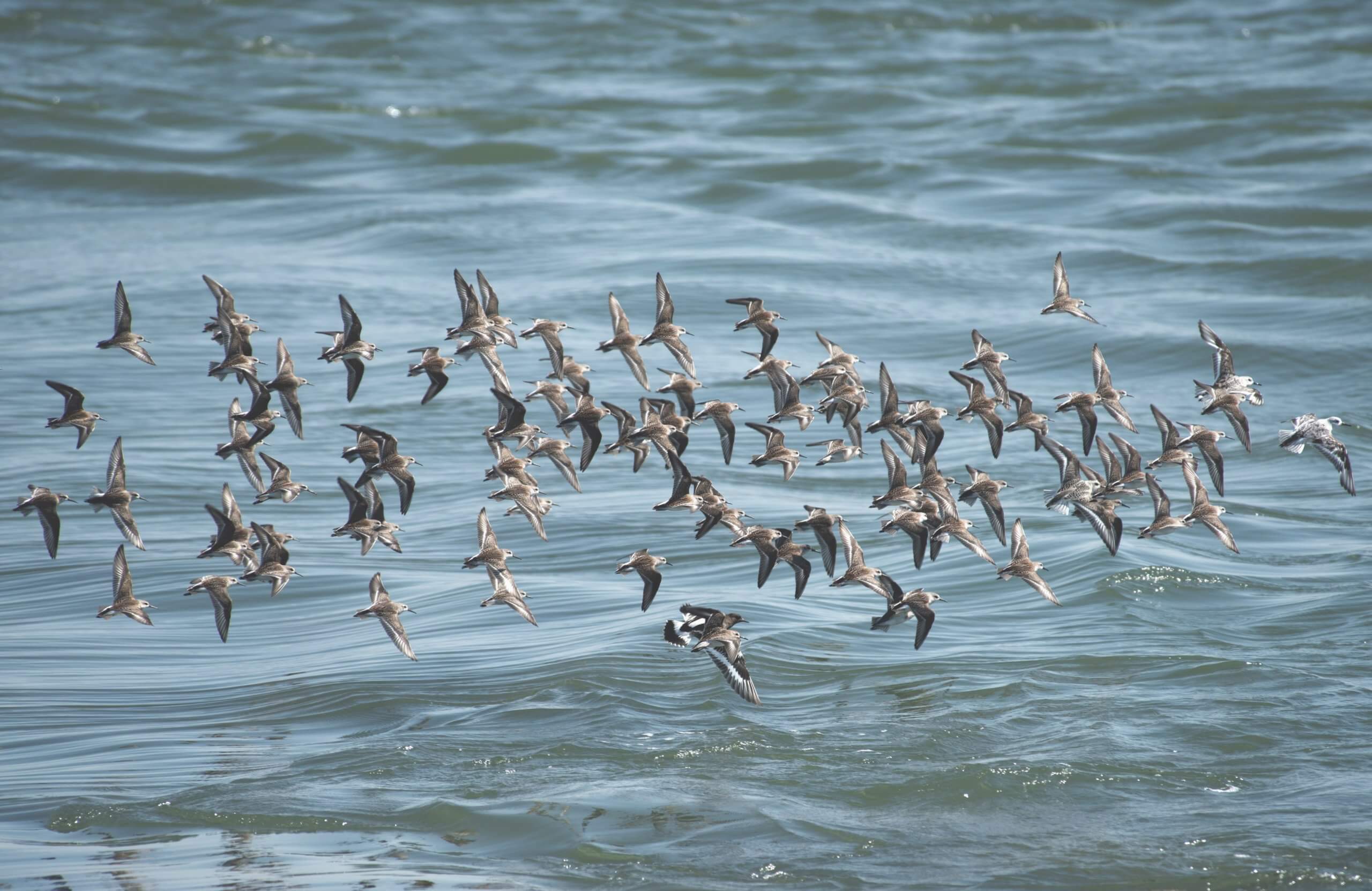As I noted at the end of Monday’s post, I did not directly tackle the question of whether scientists’ advocacy has been shown to damage public trust in them (or their science).
The best specific resource I know of is an E&E News article from last summer in which Paul Voosen covered some particularly relevant research by Jon Krosnick. Krosnick wanted to go beyond simplistic ideas of scientists being trusted or not trusted, and instead delve into the difference that advocacy messages make. Using footage of real climate scientists making public remarks, Krosnick was able to test the difference between a science-only message versus one of science + a “call to arms.” (Elegant, isn’t it?) He found it did make a significant difference… for some audiences:
“For a cohort of 548 respondents who either had a household income under $50,000 or no more than a high school diploma, the results were stunning and statistically significant. Across the board, the move into politics undermined the science.
The viewers’ trust in the scientist dropped 16 percentage points, from 48 to 32 percent. Their belief in the scientist’s accuracy fell from 47 to 36 percent. Their overall trust in all scientists went from 60 to 52 percent. Their belief that government should “do a lot” to stop warming fell from 62 to 49 percent. And their belief that humans have caused climate change fell 14 percentage points, from 81 to 67 percent.”
Those numbers knock me back, but… I haven’t seen the paper. I checked with Paul yesterday – to the best of our knowledge, it remains in pre-publication*, so I can’t speak to specifics. While I am cautious in running too far with this, it provides mounting evidence that different dynamics are governing different segments of “the public.” If we know that distrust in science increases with increasing education among political conservatives, and we know that advocacy increases distrust in science and scientists among those at the lower end of the socioeconomic spectrum, what does that mean?
I genuinely don’t know.
I do think it would be a serious misinterpretation to say “the science says scientists should never advocate.” This is about values and interpretation. Tamsin Edwards made her case in The Guardian, and I admire her dedication to engaging (below), especially in the comments section of her article and on Twitter. COMPASS strongly believes that advocacy is a personal decision. Our role is to connect research to policymakers as honest brokers. We do not advocate. However, we hold that scientists have the right to speak as citizens and passionate stakeholders – so long as they understand the risks and consequences, and unambiguously distinguish between when they’re speaking about what the data shows versus what they personally believe we should do about it. I do think this is an important conversation to have – carefully and in depth, with ourselves and each other – whether in the literature or in social media (see below).
I hope you join in.
*Update Aug 14 3:00pm: Jon has confirmed that his group is collecting new data to supplement the existing set, and it will be months before it’s done.


